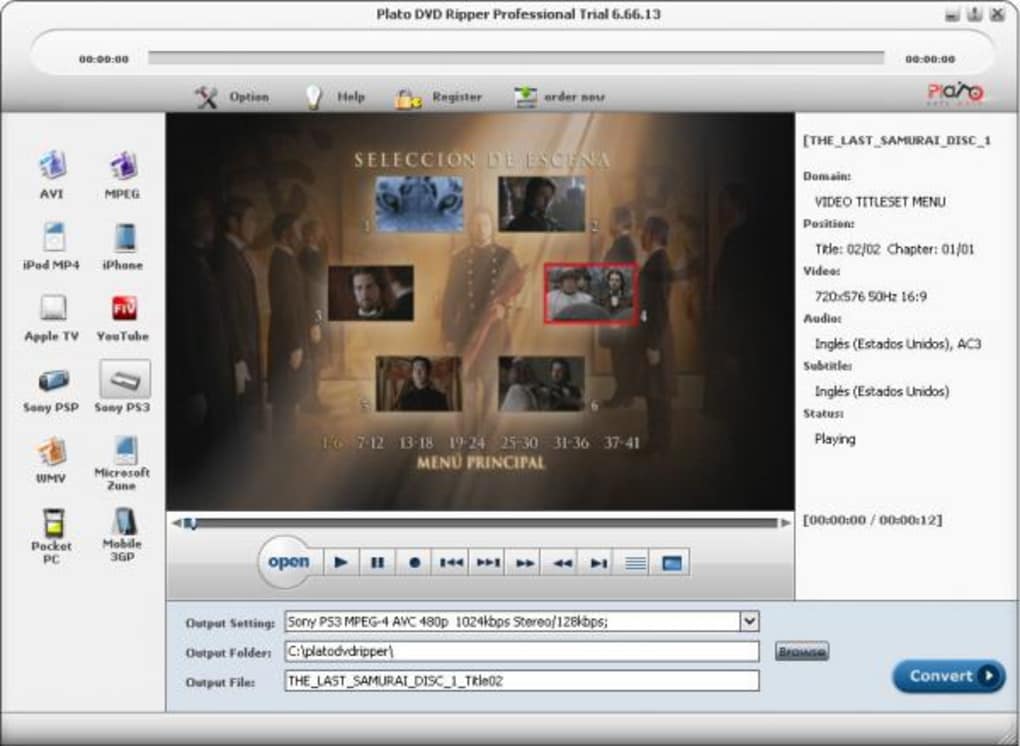

If some of the big twists and dramatic reveals feel heavy-handed, or predictable in a “Scooby-Doo” kind of way, they are worth it for the meditations on human knowledge and family - both the biological kind and the ones we choose for ourselves. When her father - the senior curator of the New York Public Library’s map division - is found dead in his office, Young’s world is turned upside down.Īs the protagonist navigates a dangerous and fantastical world of magical maps, shadowy figures and obsessive personalities, listeners are treated to layers upon layers of expertly told story, with flashbacks narrated by a diverse array of voices that offer a level of immersion the printed page cannot. Equal parts thriller, fantasy and family drama, the story centers on Nell Young, a cartographer who, after being banished from the respectable world of academia, earns a living making cheap reprints for wannabe intellectuals (“the antithesis of conservation,” as she calls it).

What if the relationship between a map and the space it reflects could be reversed? That is, what if by drawing a map we could alter the very fabric of our physical environment? This is one of the many thought-provoking questions at the heart of the novel THE CARTOGRAPHERS (HarperAudio, 14 hours, 15 minutes), written by Peng Shepherd and read by a cast of seven narrators, including Emily Woo Zeller, Ron Butler and Brittany Pressley. These three new audiobooks show just how far we’ve come in reaching past our external reality within our minds. The good news is that in the tens of thousands of years since those first narratives, we haven’t yet stopped coming up with new ones, retracing old ones and striving to better understand the world through them. Soon, our stories started folding back on themselves, re-examining the spoken - or written - words that came before to find even further meanings.
Those stories may have begun as simple entertainment, or attempts to explain the unexplainable, but over time they gained complexity. At some point a very long time ago, our ancestors found that they had the free time and intellectual capacity to tell one another stories.


 0 kommentar(er)
0 kommentar(er)
